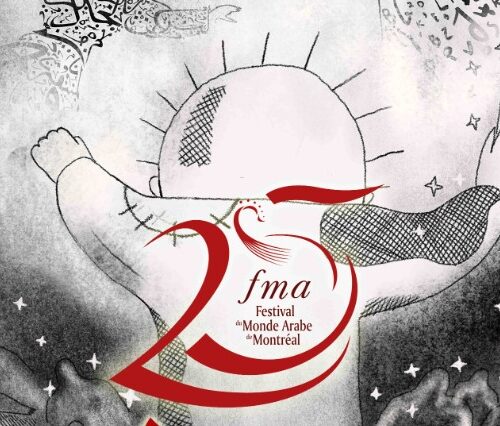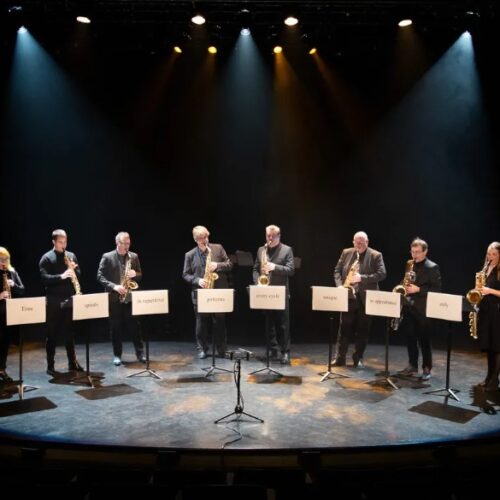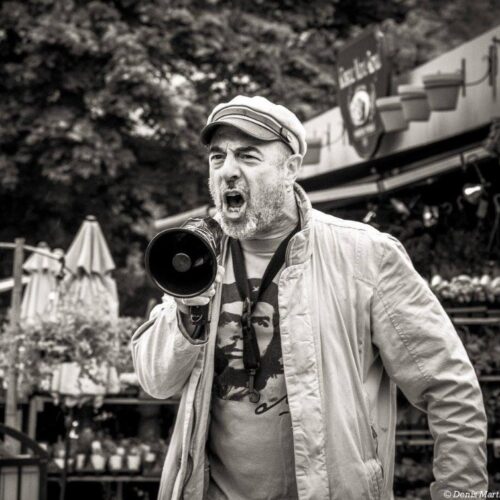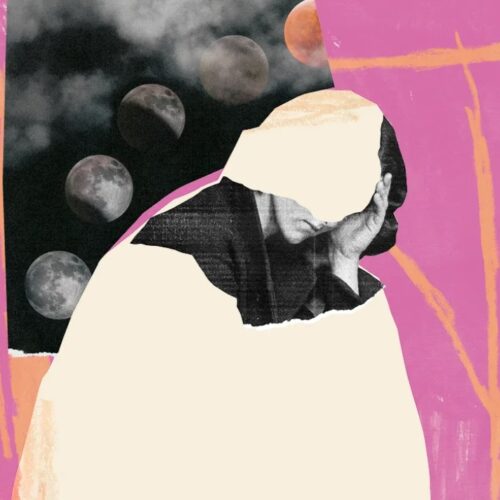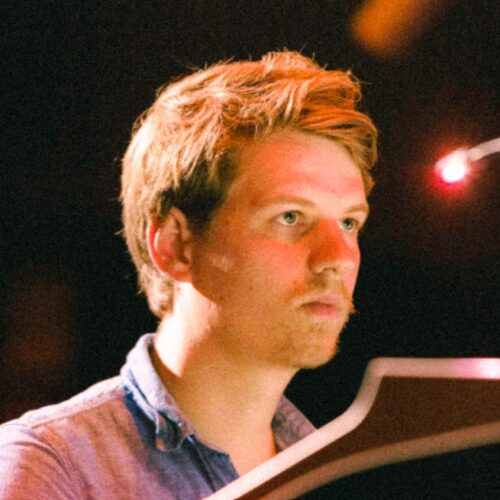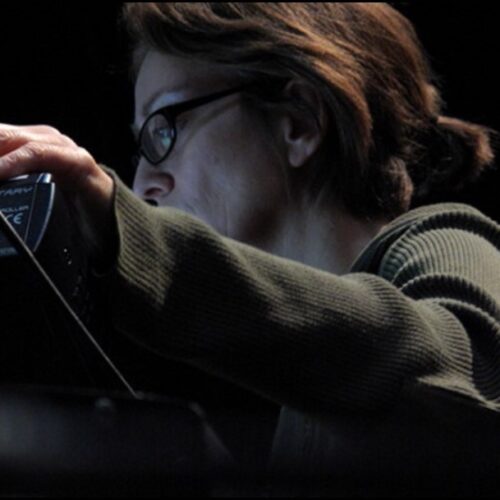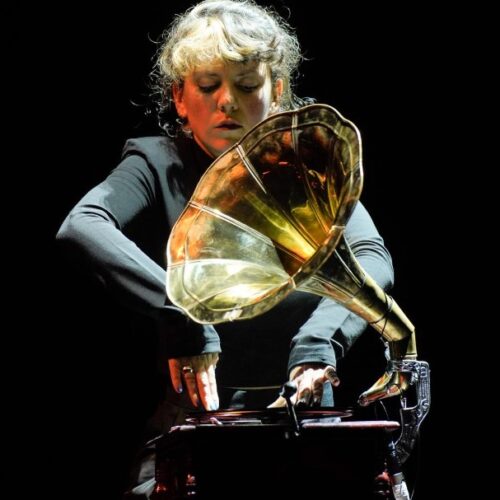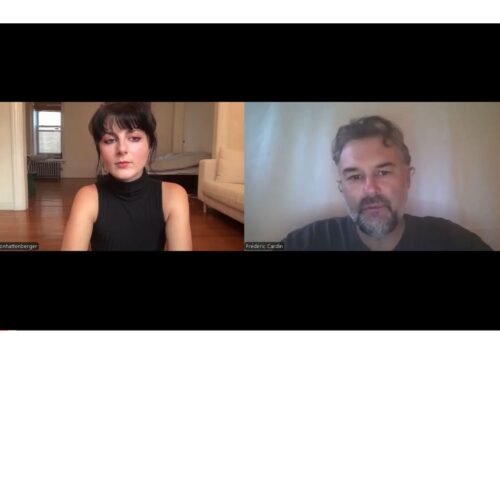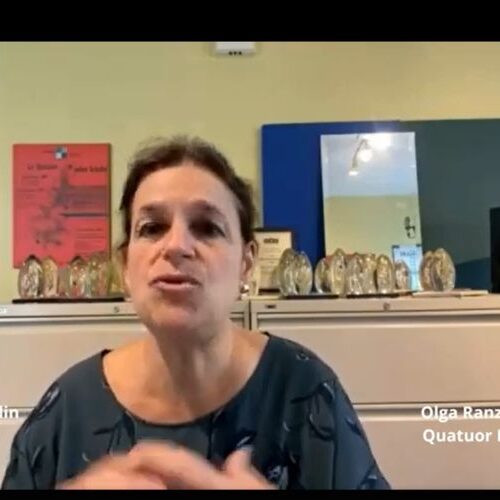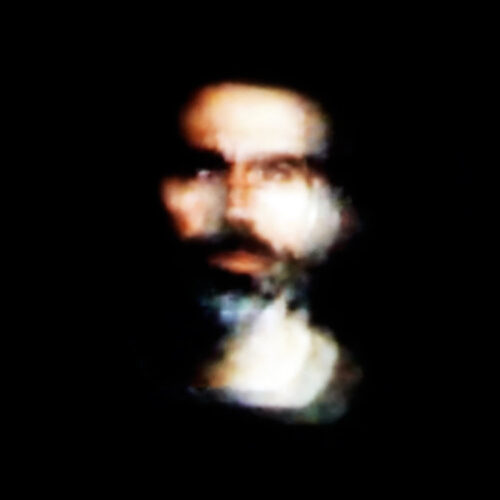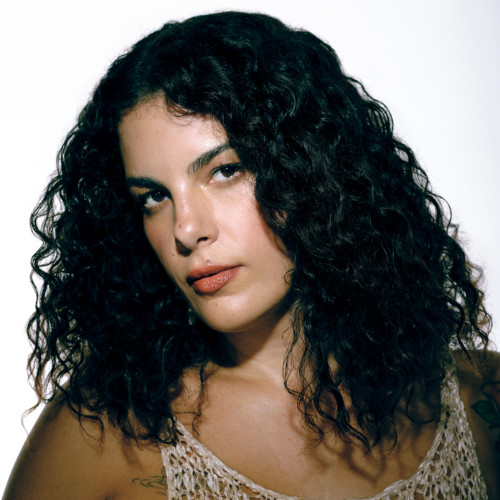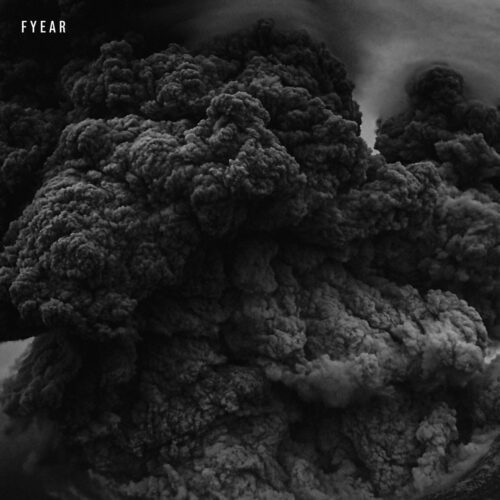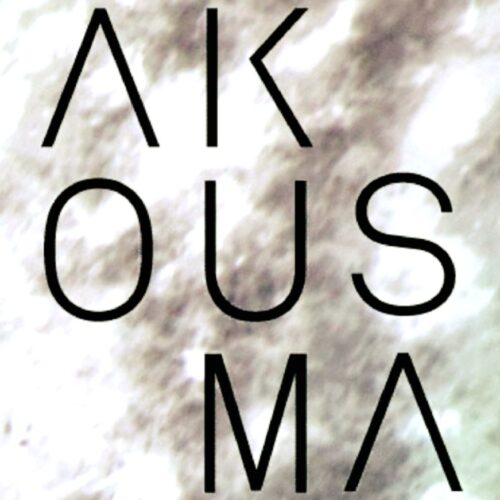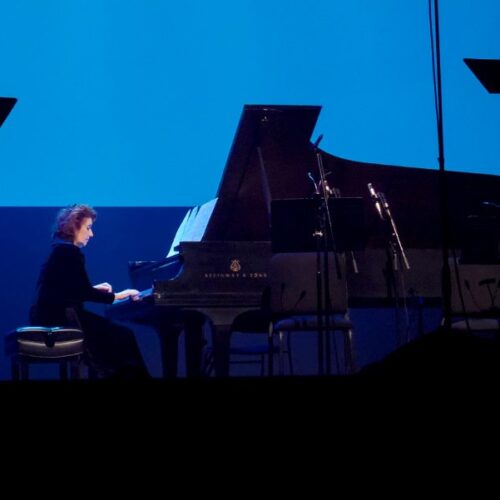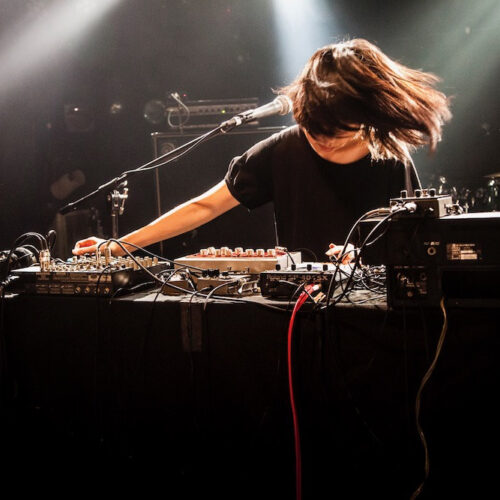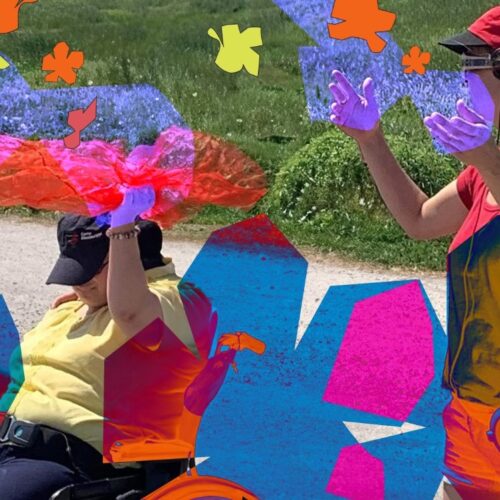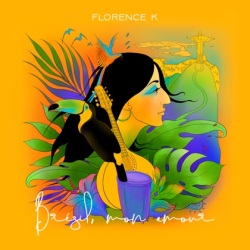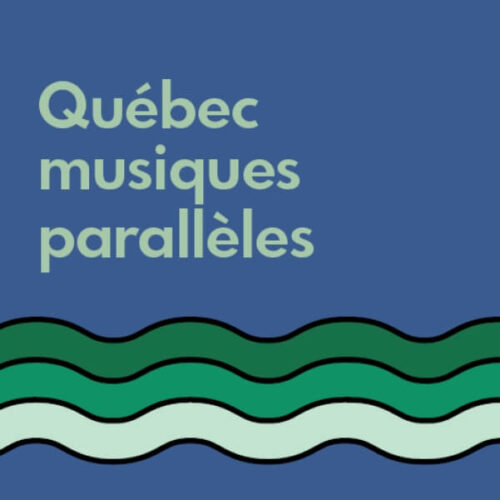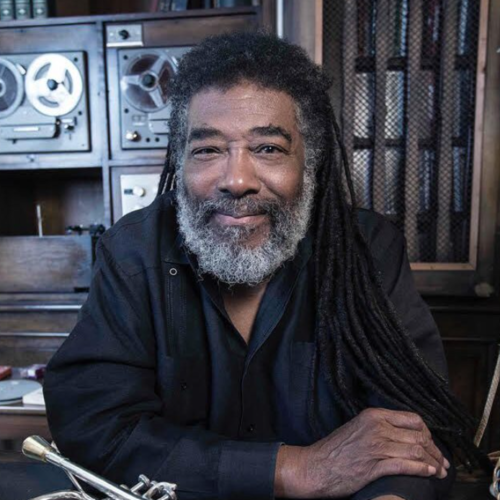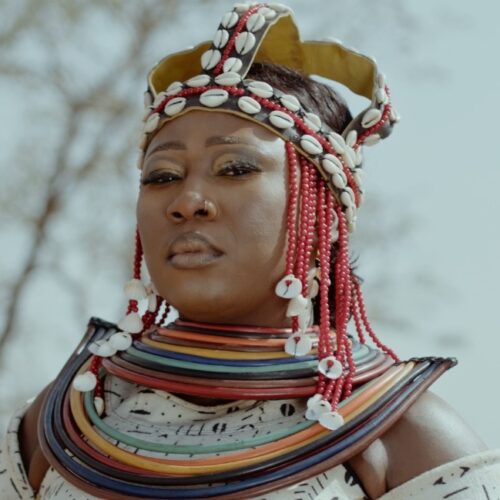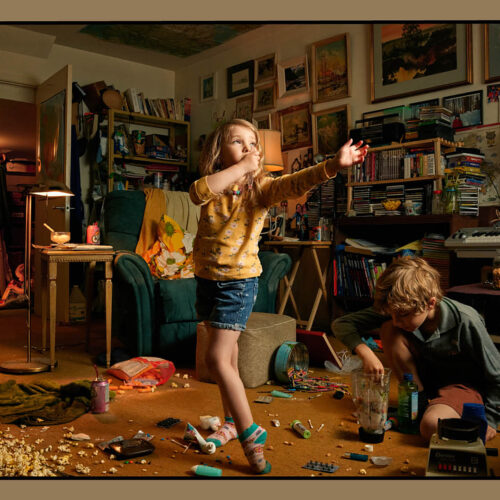Additional Information
Upcoming events
Photo credit: John Londono
Catherine Major, her husband Jean-François Moran, and their four children have been living in the Eastern Townships for about two years. In an era of disillusionment and global concerns, they have their own life strategy – a large family, a steady supply of songs, professional independence, a bucolic setting, a hint of autarchy.
“We were fed up with living on a third floor in Outremont,” says Major, reached at home. “I had our third child in town, so we thought we should move from there. We needed land, the countryside for our family, and that was the best move we made. And then I got pregnant by surprise, I had my fourth child in the country. I’m still breastfeeding Carmen! Well, it’s a lot of fun, but it’s a lot of work.”
Despite the pandemic and its dramatic impact on the cultural economy, life goes on and the Major-Moran couple intends to celebrate it.
“Things are going pretty well professionally, though less so now with COVID-19. I have a lot of projects, I’m in demand on a lot of projects. For example, I did Kurt Weill’s Seven Deadly Sins with the Montreal Symphony Orchestra, conducted by Kent Nagano. In addition to writing and creating his songs, Jean-François is also a part-time artistic director at Ad Litteram, a record and publishing company.”

Catherine and her husband are very aware of the current economic situation, but they are not giving up and are staying the course.
“We try not to be too insecure. We have a big house, we have to pay the bills and Jean-François does all the work, renovates everything… We just spent eight weeks with our four children, 10 years, six years, three years, and nine months. I’m a demanding person, I want to do it all and leave nothing half-done. Our relationship has changed a lot, it’s better than it ever was. We have our peculiarities like everyone else, but we move fast, we move forward well. We’re not perfect, we have to compromise, we can hit walls… sometimes we’re out of breath. We’re meant to be together, we might as well work together!”
Carte mère describes the situation well: Catherine Major is the undisputed mother of her record project.
“I began by opening up to the idea of working alone,” she says. “I bought a computer, I learned to master production software, I started to play around with it. Before that, I was always at the mercy of others who manipulated technology for me. I had my piano, my pencil, my paper, my instructions, I would come to the musicians with a tune and tell them what I wanted. And then I got tired of it. I had to start somewhere, to be master of my productions.”
For the first time, therefore, Catherine Major produced an album of her own songs.
“I wanted to start from that, and in the end it was too much of a machine for my taste, except for Martin Lavallée’s drums on some songs, with keyboards but without piano… I had to get back to an organic aspect. That’s when I came up with the idea of a symphony orchestra, an idea that could hardly be more organic, like a punctuation mark to the electronic environment.
“So Antoine Gratton and I wrote orchestrations for several weeks. We recorded this on December 15 via Skype, with the Bratislava Symphony Orchestra. It was the sweetest thing! The original arrangements [without orchestra] already dictated lines to be respected, the album was already built, the order was determined so that things would fit together, so that the songs would blend into each other. Claude Champagne mixed the whole thing in accordance with my wishes.”

Major composed the music, created the arrangements and orchestrations. With few exceptions, she entrusted the lyrics to her husband, a high-profile lyricist.
“J-F’s a great writer, and he knows what I’m going through. He’s able to write things as if I’m the one who’s been through it. It’s been that way all along. With great precision, he wrote everything over melodies that were already rhythmic, he respected the onomatopoeia by replacing them with words and made it sound, so that the lyrics groove. Jeff is my boyfriend, he’s so close to me!”
“He’s able to put his finger on the things that concern me deeply. We’ve gone on wanderings. I thought it would be fun to have him writing the lyrics all the way through, except for one song which is a heartfelt cry for a friend who died of cancer – ‘Tableau glacé’. I write less than I compose, I feel more seasoned in music than in literature, but at the same time, I’m happy with what I read when I write.”
Carte mère‘s texts are inspired by everyday life, the societal issues of our time, and the reflections that existence provokes.
“Motherhood is at the centre of my life and that’s why the album opens with the surprise of Carmen, my newest baby, who arrived in the middle of all that – the emotion and the fear of a new pregnancy, the belly, the love. The rest of the album is a journey through themes about family, love, brotherhood, friendship, dependencies, tolerance of religious displays, aggression against women and men, human stupidity in general, love for my little sister, the death of a friend. These themes are at the same time very personal and universal; they resonate with people. We are all the same, after all!”
When the concerts become socially acceptable again, Major will, of course, perform her new repertoire. In symphonic mode?
“The album lends itself well to that,” she replies, “especially since I’ve been doing symphonic projects. In May 2019, the Orchestre symphonique de Québec, under the direction of Fabien Gabel, accompanied me. We did some of the new songs, and many from my familiar repertoire. So the symphonic experience could be repeated, it’s in the plans. In the meantime, we have to start with a virtual launch, live from my home. To access it, you pay $10 and you get the album at the same time. Yeah, it’s not expensive. It’s not expensive at all. You have to stop thinking that culture is free. If you can buy a bottle of wine, you can certainly buy an album.”

